Healthier Hens Y3 update - the shutdown
By lukasj10🔸, Isaac_Esparza @ 2024-11-11T23:00 (+113)
TL;DR
Healthier Hens (HH) was started to improve cage-free hen welfare, focusing on key neglected issues such as keel bone fractures (KBFs). Throughout the last three years, the HH team:
- chose a pilot country (Kenya),
- looked into a promising dietary intervention aimed at Global North cage-free farms (negative outcomes),
- scoped the state of feed quality, farmer and vet awareness in Kenya (feed quality can be poor and inconsistent; farmers are unaware yet eager to learn; vets do not have the capacity to develop and practice hen welfare assessment skills),
- looked into the prevalence and severity of KBFs on cage-free farms in Kenya (40%, relatively low severity),
- quantified the potential cost-effectiveness of other prevalent on-farm welfare issues (thermal stress: 256x, access to water: 27x, access to feed: 28x lower than additional global corporate cage-free work).
Despite struggling with efficient fundraising, the team raised and used $297k to do the work, mainly for staff (57.2%), travel (11.8%) and intervention costs (20.9%).
In this post we share key information about our decision to shut down, lessons learned and our plans for immediate next steps. We hope others can benefit from our ambitious attempt to identify promising pathways towards improved hen health and welfare. We remain thankful for the support of the community and welcome additional feedback.
Consider reading our introductory, 6M, 1Y, 1.5Y, 2Y and 2.5Y update posts to learn more about our background, mission and changes in approach. Due to funding constraints, we had downscaled last year and continued running lean since, focusing on identifying promising avenues via mini-projects before piloting anything on the ground.
Decision to Close
As outlined in our previous update, several factors contributed to our decision to shut down Healthier Hens. While funding limitations slowed our progress, they weren't insurmountable - we managed to scale down and pursue promising avenues. Staff engagement and availability became increasingly challenging due to funding constraints. Most critically, we could not identify a cost-effective intervention that aligned with our mission to reduce welfare issues in egg-laying hens and support the ongoing cage-free transition. This lack of a clear, impactful solution prevented us from pursuing our goals. Our organizational commitment to rapid scaling and deploying feasible, cost-effective interventions further complicated our situation.
Notable Accomplishments
HH focused mostly on capacity-building work in our chosen country of pilot operations - Kenya. We approached this primarily through assumption-checking and network-building activities on the ground. The main outputs include:
- Calcium timing study (paper pending): A controlled study at the University of Bern indicated negative results of a split-feeding intervention, with poorer egg quality, digestive issues, and neutral-to-negative effect on on-farm KBFs.
- Feed quality case study: Our investigation suggests that egg-laying hen feed in Kenya may not consistently meet appropriate nutrient standards, potentially compromising hen health and welfare. Further research is needed to validate these findings.
- Farmer awareness scoping: Hen welfare workshops for Kenyan cage-free farmers improved understanding of welfare concepts and revealed opportunities for future collaboration, though long-term retention follow-ups uncovered some persistent ambiguities and challenges.
- Vet training programme: A hen welfare workshop for veterinary professionals in Kenya led to knowledge improvements among participants and highlighted opportunities for future training enhancements, particularly in continued practice.
- KBF baseline case study (paper pending): Our case study on KBFs prevalence and severity in Kenyan cage-free laying hens found a 40% average prevalence, comparable to Global North data, but with lower severity, suggesting that KBFs are a significant welfare concern also in the Global South.
- Promising intervention assessment: In collaboration with the Welfare Footprint Project, we assessed on-farm welfare issues such as thermal stress, and access to feed and water. The potential cost-effectiveness of targeted interventions was 30-250x lower than additional global corporate cage-free campaigns.
Our direct contribution towards hen welfare can be valued as neutral to minimally positive.
Lessons Learned
Throughout our journey, we gained valuable insights into the complexities of improving hen welfare in the Global South. While we undertook an ambitious, evidence-backed approach, it often placed significant strain on our small team. We learned that collaborations and partnerships were crucial for a small organization like ours, providing essential support and knowledge. Our exploration of alternative interventions beyond KBFs highlighted the importance of addressing diverse welfare issues, particularly as some of them might be neglected in the Global South. However, we faced challenges in communicating non-visual issues and conveying the extent of hen suffering to key stakeholders, especially regarding KBFs. Perhaps most significantly, we underestimated the human factors involved - from farmer and vet willingness to collaborate, to personal relationships with partners, staff dynamics, and even changes in the political landscape. These elements often led to unexpected difficulties and complications, reminding us that improving hen welfare is not solely a technical challenge but also one very much dependent on people.
Financial Overview
Our budget for Y3 remained at $65k, as noted in our Y2.5 update. Our total expenses for all three years amounted to $297,893, distributed as follows: $170.5k for personnel and contractors, $35k for travel, $62.5k for program activities, $1.5k for legal requirements, and $28.5k for financial fees, employee benefits, and miscellaneous costs.
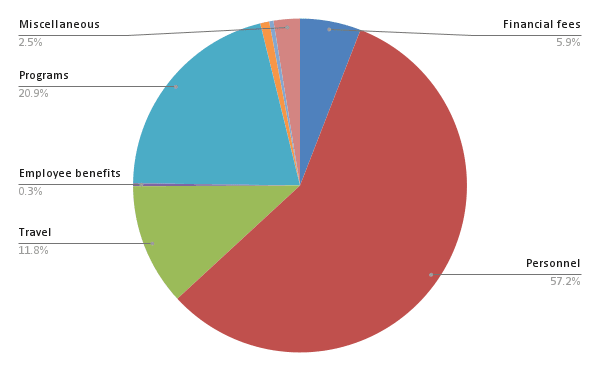
In addition to the $65k we raised at the end of Y2 from ACE Movement Grants and Craigslist Fund, we received $1.5k from individual donors for Y3.
Team Update
Some of our co-founders and key staff have moved on to full-time positions elsewhere, as indicated in our previous update. Currently:
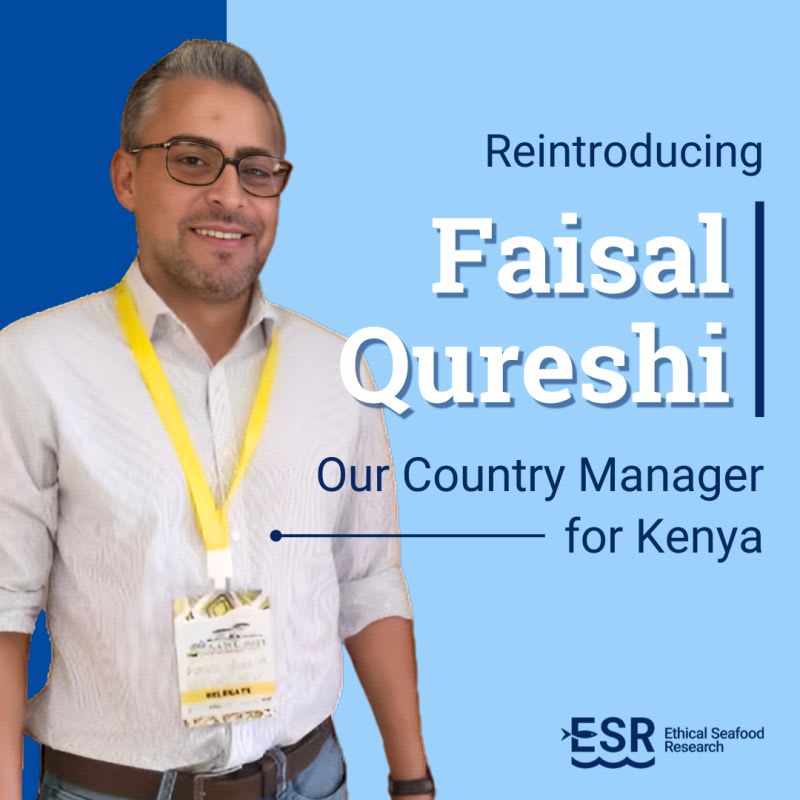 | Faisal spends most of his time working at ESR in his Kenya Country Manager role. |
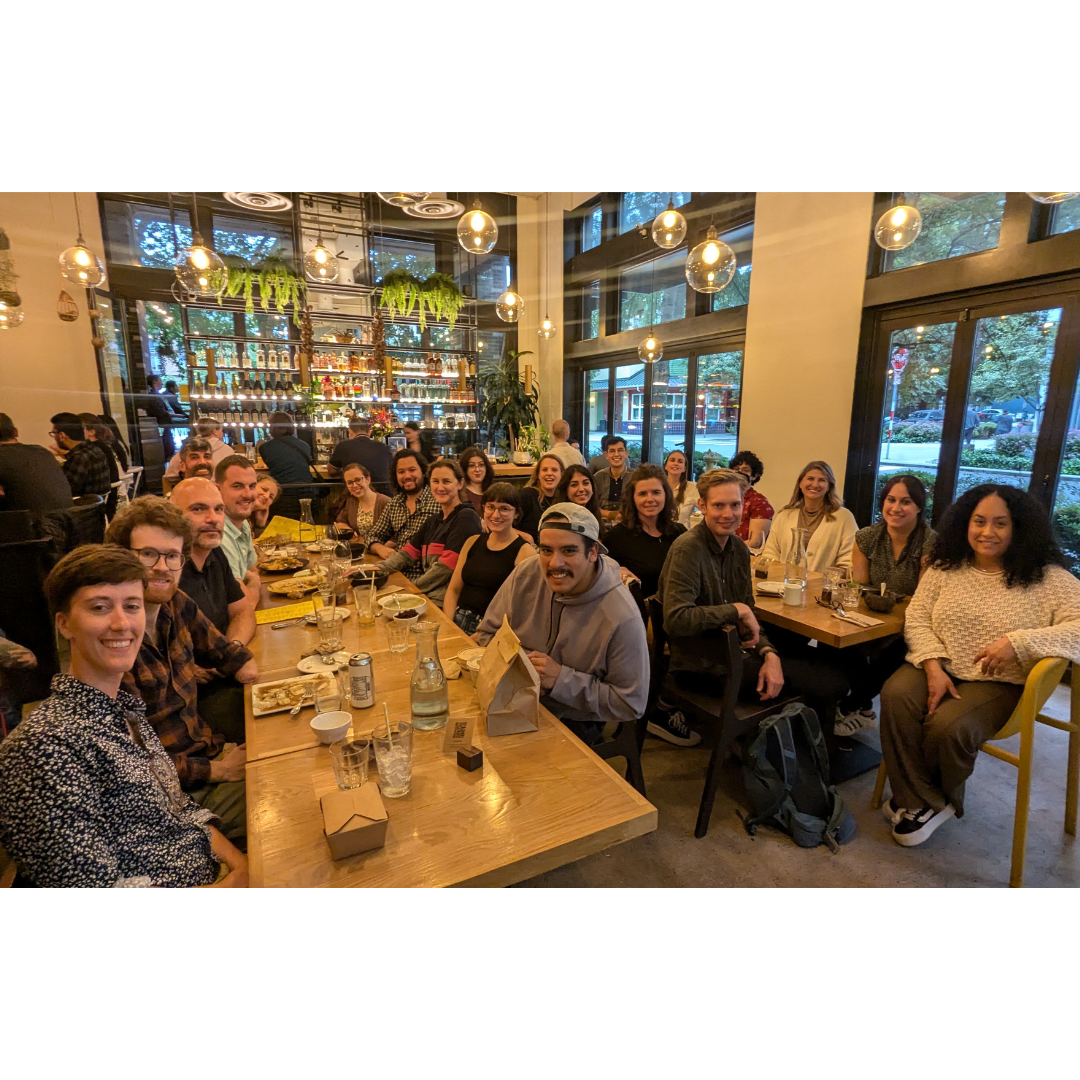 | Isaac works full-time at Wild Animal Initiative as the People Operations Coordinator. |
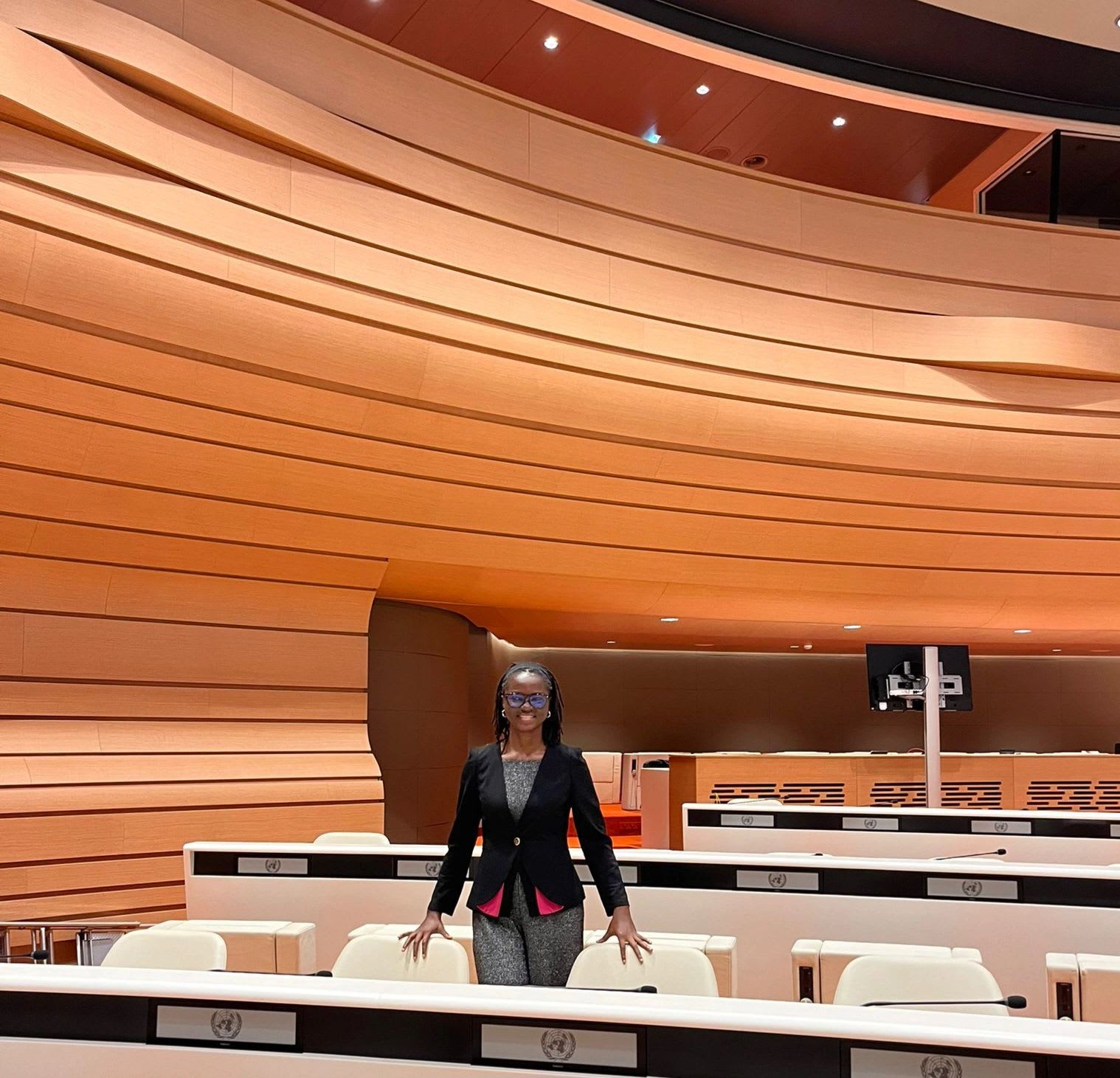 | Kiki supports farmed animal welfare interventions and research in Nigeria and Africa at her founding organization - One Health and Development Initiative (OHDI), while working part-time with Animal Advocacy Careers (AAC) to strengthen Partnerships and Programs. |
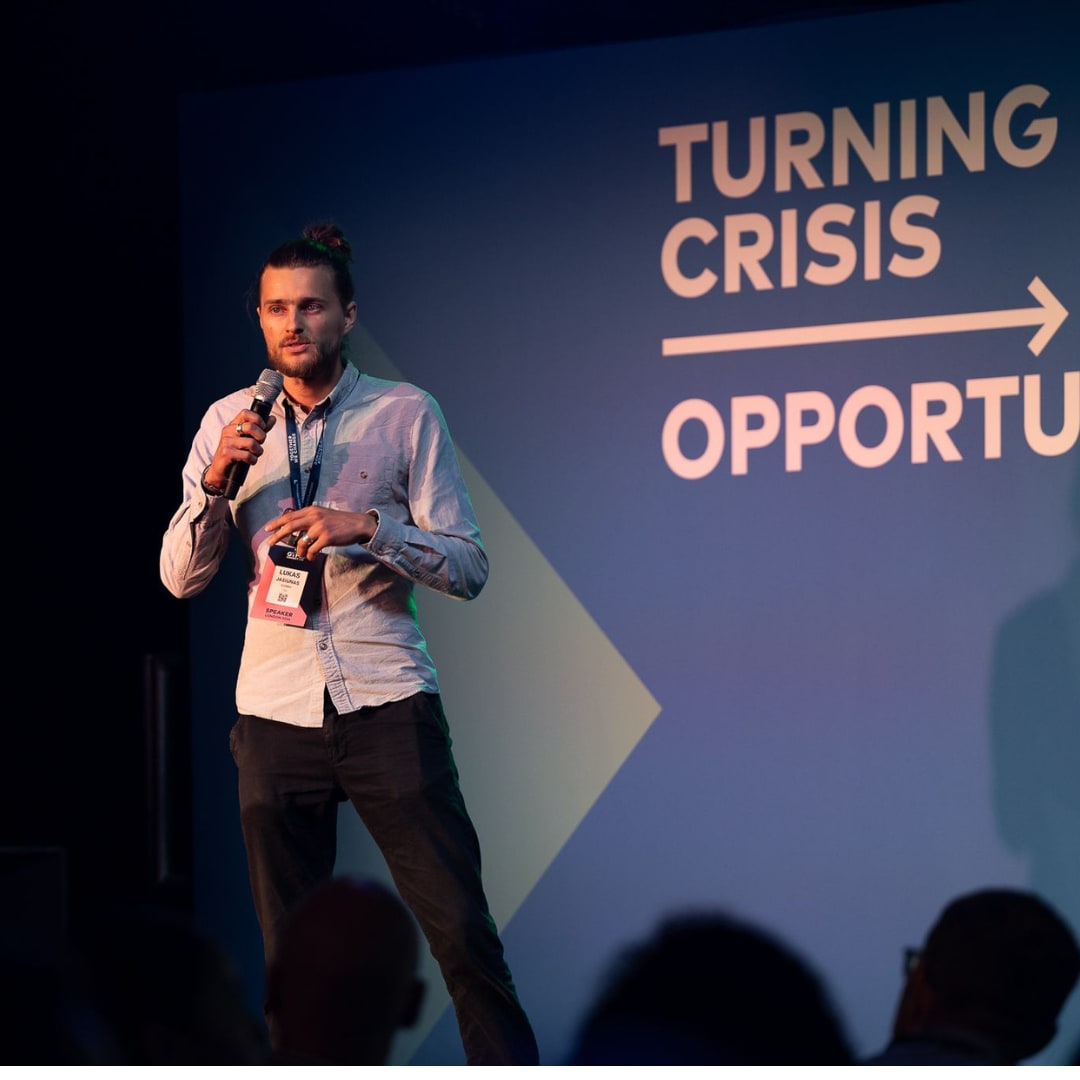 | Lukas works full-time at ecorbio as CEO/CTO of his cleantech R&D company. |
We deeply appreciate the dedication and hard work of our team. The commitment shown has been instrumental to our progress. Thank you!
Knowledge Transfer
HH will continue to carry out dissemination activities. We hope that sharing our work can help inform future activities in the field.
HH's research and findings will be preserved and shared through:
- Our website, which will remain active for at least another year
- Scientific publications - we'll pursue publication of the KBF baseline and on-farm observation work
- Conference presentations - we might still have opportunities to present our work at conferences such as earlier this year at Welfare Assessment of Animals at Farm Level (WAFL, slides) and Conference on Animal Rights in Europe (CARE, slides) 2024
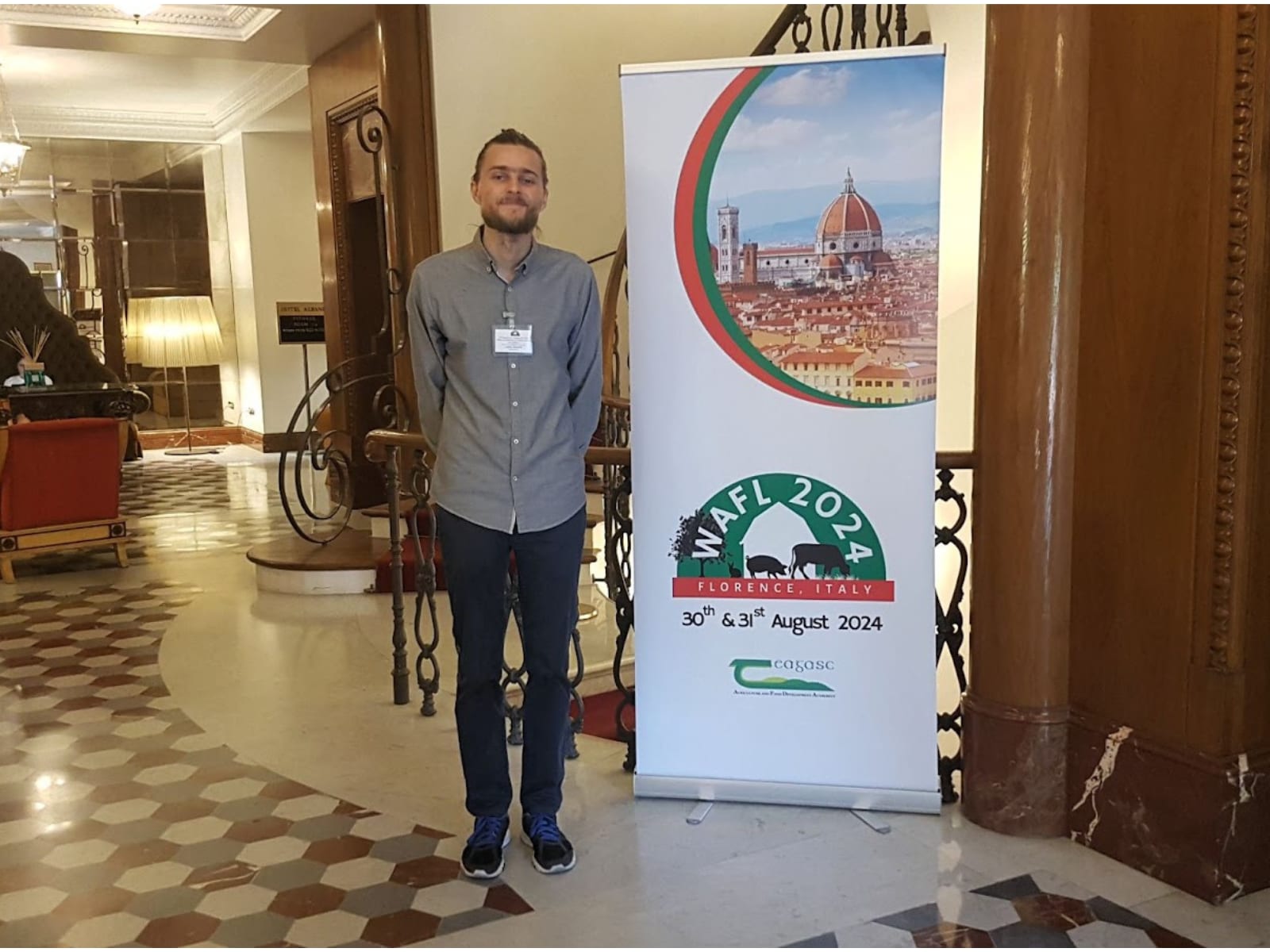 HH team presented some keel bone damage findings, Florence, July, August 2024. | 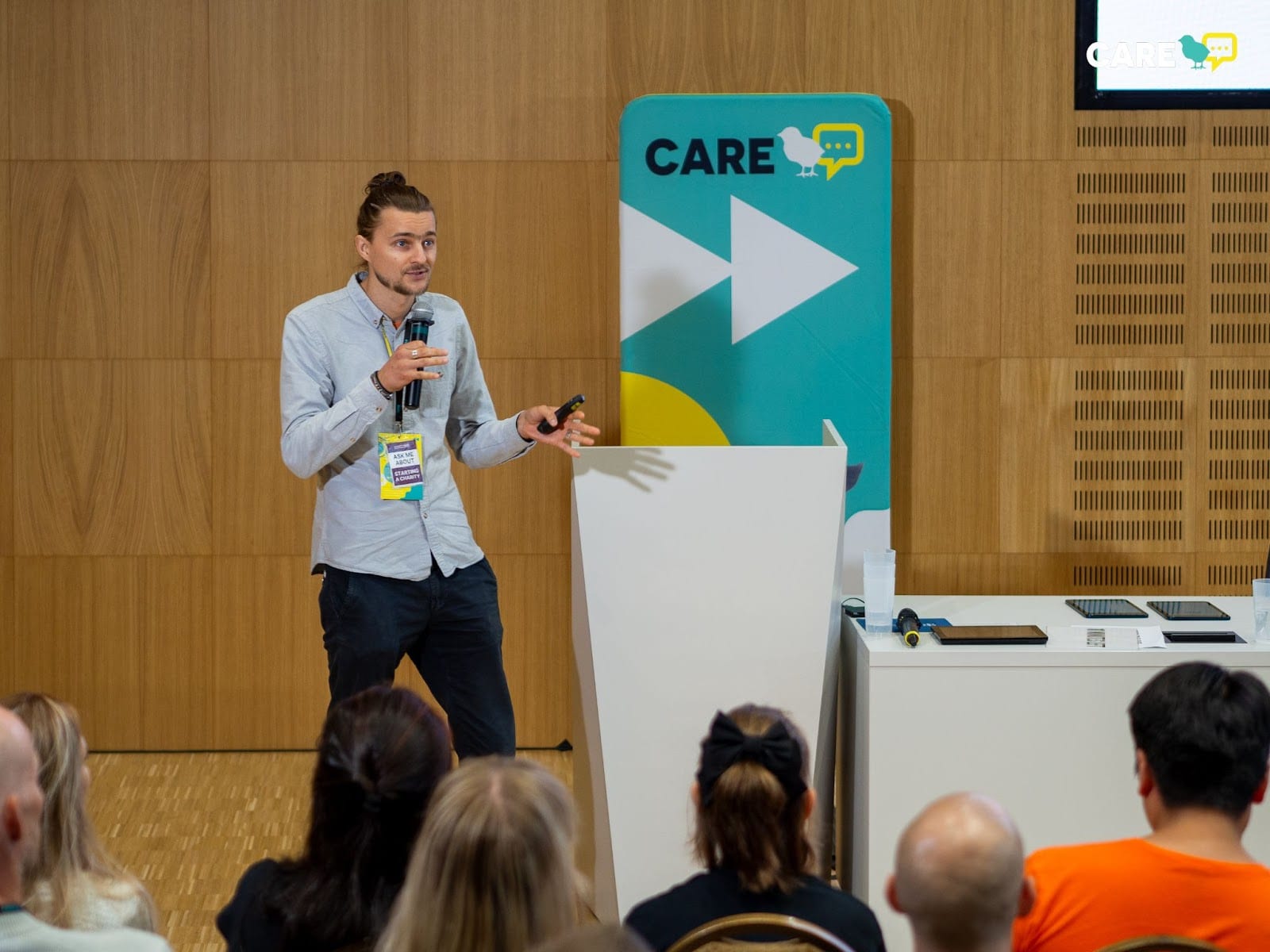 HH shared insights into shutdown decision-making, Warsaw, September 2024. |
Future of Hen Welfare Work
We believe there is an ongoing need for work in areas like KBF globally and, in at least some Global South areas, also in thermal stress management, feed and water access improvement, and biosecurity in cage-free systems. While the first still lacks a clear pathway towards mitigation, the latter needs to be addressed as more farming systems transition to cage-free housing due to ongoing global corporate campaigns.
We maintain that researchers must try novel interventions and geographically targeted approaches to identify cost-effective ways to improve the welfare of millions of hens.
Gratitude and Acknowledgments
Although a full list of collaborators would be too lengthy for this post, our thanks go to the Welfare Footprint Project, key staff at the University of Nairobi and University of Bern, Ambitious Impact, and enabler funders such as the EA:AWF, ACE, and Craiglist Funds.
Getting in touch
Our Healthier Hens website and email addresses will remain active for at least another year. Please don't hesitate to reach out to us via email or at Hive. We welcome one last piece of anonymous feedback, expressed concerns, or suggestions. If this is not your first time hearing about HH and our work, please consider filling out this short form to share your thoughts. Thank you!